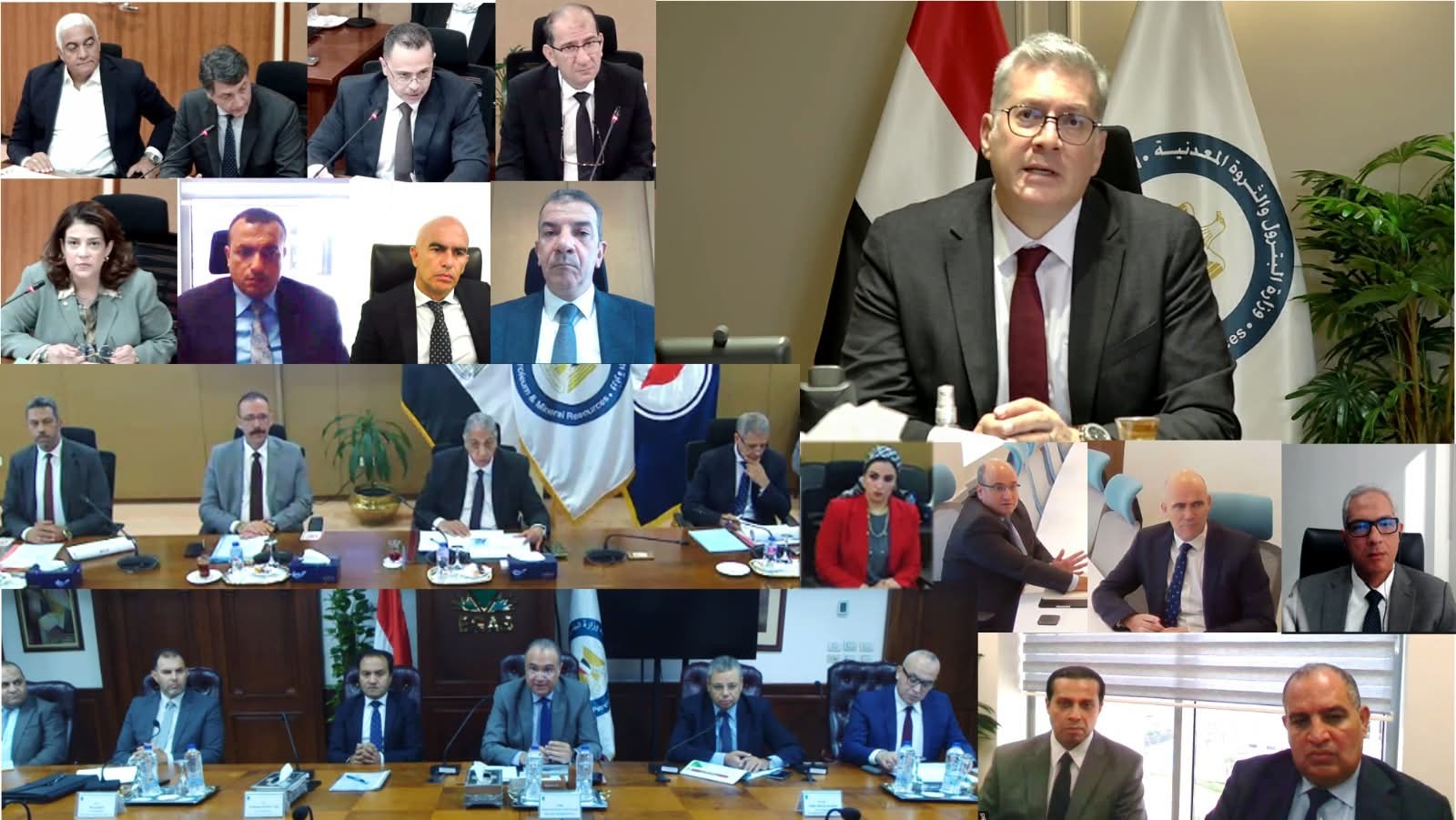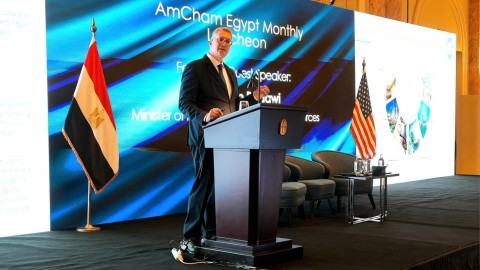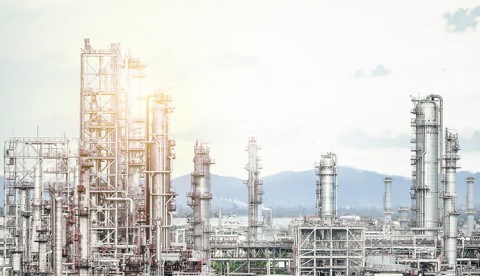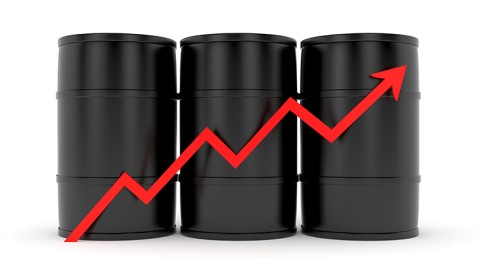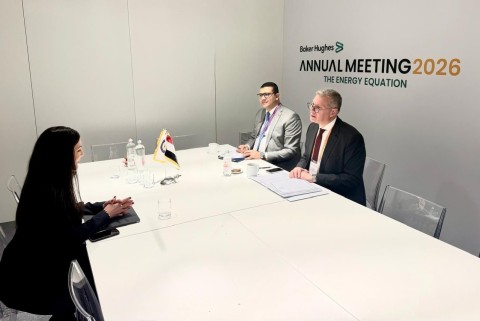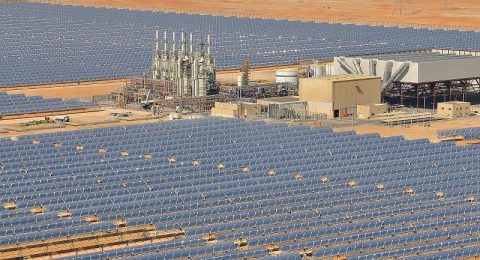Minister of Petroleum and Mineral Resources, Karim Badawi, emphasized the importance of accelerating development operations and bringing discovered sites into production to boost local output and reduce pressure on the import bill.
He also highlighted that Egypt’s brownfields still hold promising potential, which can be tapped into using modern technologies and data from seismic exploration operations.
This came during his chairmanship of the General Assembly of the Pharaonic Petroleum Company (PhPC) to approve the results of the fiscal year 2023/24 via video conference.
Badawi praised the efforts made by PhPC in the field of health, occupational safety, and environmental conservation (HSE), reducing emissions and energy efficiency by generating the electricity needed for the sites from solar panels instead of fuel, and the efforts of the workers to increase production and achieve the targets.
PhPC Chairman Hossam Zaki reviewed the most important performance indicators during the year, noting that the company succeeded in achieving 98.5% of the total approved production plan for 2023/24, with an average production rate of 79,000 barrels of oil equivalent per day (boe/d).
The company is also committed to achieving sustainability goals by rationalizing energy consumption properly applying HSE management systems and protecting the environment, as the company was able to achieve 32 million safe working hours without injuries.
Francesco Gasparri, General Manager of Eni in Egypt, emphasized the company’s efforts to increase production while simultaneously reducing expenses without affecting the production process.
Wail Shaheen, Vice President of bp Egypt, underscored the critical role of modern technologies in reducing emissions, enhancing energy efficiency, and advancing research, exploration, and production.
Dalia El Gabry, Vice President and Country Chair for Shell Egypt, confirmed that efforts are underway to expedite the integration of discoveries into the production map.
